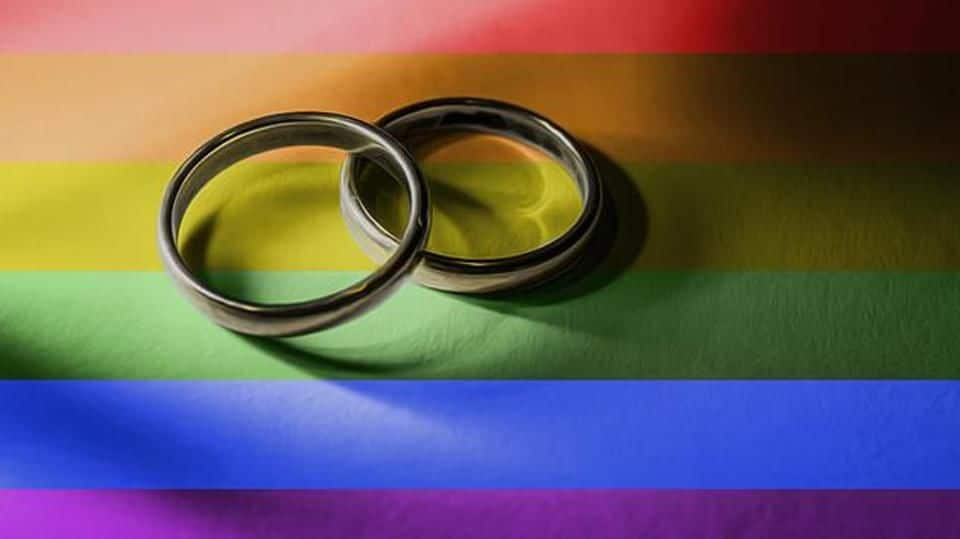
Merely 6 months after legalizing gay-marriage, Bermuda terminates it
What's the story
Bermuda's government has decided to end gay marriages merely six months after the country's top court had legalized it.
The country's Senate recently passed the bill titled the Domestic Partnership Act, replacing gay couples' right to marry with an option to form same-sex partnerships.
Senate leader, Kathy Simmons claimed that the decision represents "majority sentiments."
Here's more about it.
Background
What has happened so far?
In June 2016, Bermuda conducted a national referendum on legalizing same-sex marriage.
A majority of voters opposed it. The results were deemed invalid as the voter turnout was low.
In May 2017, Bermuda's Supreme Court legalized gay-marriages stating that excluding same-sex couples from marriage was discrimination.
Anti-LGBT lawmakers, including those from the ruling Progressive Labor Party, have been trying to reverse this ruling.
Information
Does the new law change anything for same-sex couples?
Under the new law, same-sex couples who got married after May won't be stripped of their legal status. However, it wouldn't allow similar marriages in the future and restricts options for same-sex couples to domestic partnerships.
Details
Bermuda government justifies the bill
Government Senate leader, Kathy Simmons said the new bill reflected "majority sentiments."
"We have a bill that gives rights to the minority. It also protects the majority interests," she added.
Speaking at a press conference last month, Bermuda's home minister Walton Brown had highlighted that the bill will ensure legal rights for same-sex couples.
Conclusion
Could the new bill affect Bermuda's reputation?
In an open letter to senators, Bermuda Tourism Authority's CEO Kevin Dallas wrote that the bill may negatively impact Bermuda's reputation as a tourist haven and result in economic losses.
He gave the example of Indiana (USA) which lost a large amount of revenue from tourism after former-governor, Mike Pence signed a bill allowing businesses to deny services to people based on sexual orientation.